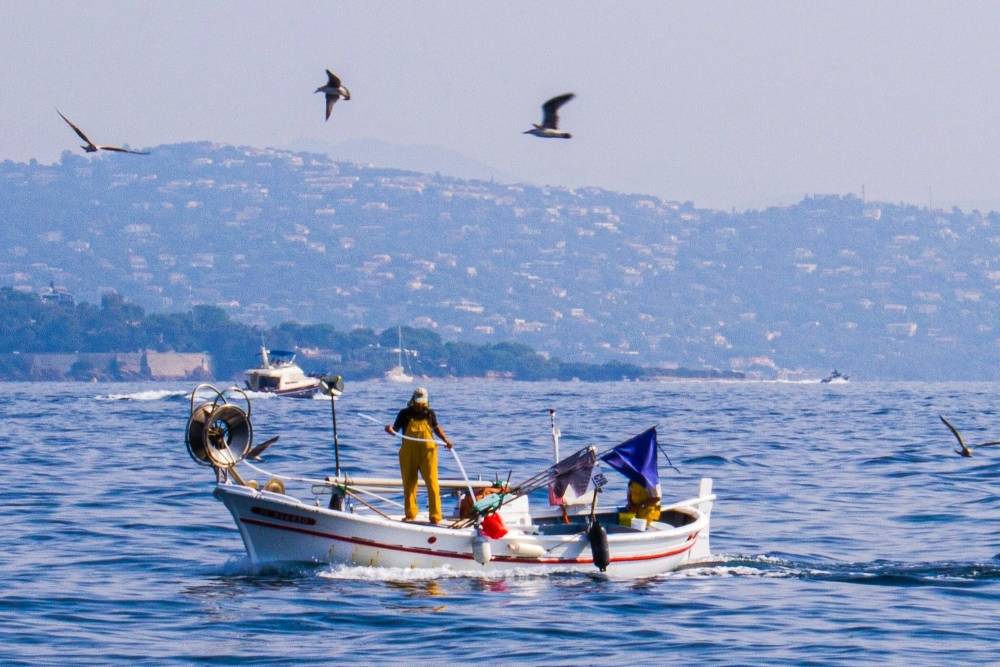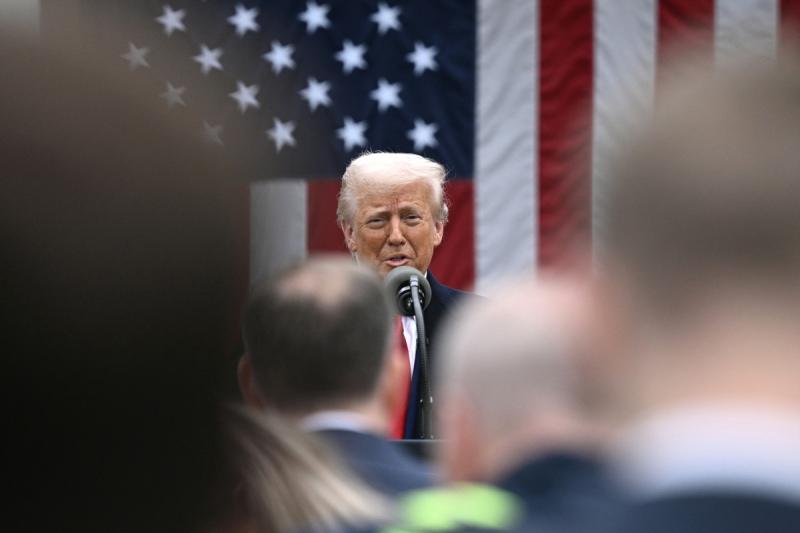After a month-long halt in artisanal fishing to protect cetaceans from becoming entangled in nets, small boats have resumed their activities in the challenging conditions of the swells and storms currently hitting the Bay of Biscay and the Mediterranean. The storms have also taken a heavy human toll inland. The 450 vessels of the French fleet have thus returned to sea with a heavy heart.
On average, the month of February accounts for 30 to 35% of the annual catch. "It is traditionally an important month for fishing sardines, sole, and sea bass, for example," explains Serge Larzabal, president of the fishing committee. The economic stakes are significant. A sea fisherman supports four jobs on land, including those at the auction houses and in the fish processing industry.
In terms of financial aid to compensate for the lost revenue, government announcements have been made: 80 to 85% of the revenue for all boats over 8 meters will be provided. These will be paid "as quickly as possible," according to Minister Christophe Bèchu, in charge of Ecological Transition and Territorial Cohesion in France. However, the devil may be in the details. Fishermen need this aid to continue their professional activity. The French fishing industry is fragile and on the brink of extinction. In nearly 30 years, the French fleet has lost 53% of its fishing vessels: from 8,771 professional fishing boats registered in the Community Fishing Fleet (FCP) in 1990 to 4,163 in 2020, according to the Planète Mer website.
This halt in artisanal fishing in France was decided to preserve dolphin strandings on the coast, often victims of fishing nets. The International Council for the Exploration of the Sea, a leading international scientific organization, has estimated that about 9,000 common dolphins die each year from accidental capture along the French Atlantic coast. This represents twice the sustainable level to ensure the species' preservation.
Has there been an improvement with this month-long halt in net fishing at sea? In recent weeks, the Pelagis observatory in La Rochelle has observed a decrease in dolphin strandings, but it is too early to draw a precise conclusion from this period. It seems that there are other reasons for these multiple strandings, especially on the Atlantic coast. It will take several more months to draw conclusions from this fishing interruption. Will the government impose other "blank" periods on our fishermen? During this month-long fishing halt in France, other European fleets continued to set their nets.
 French
French















